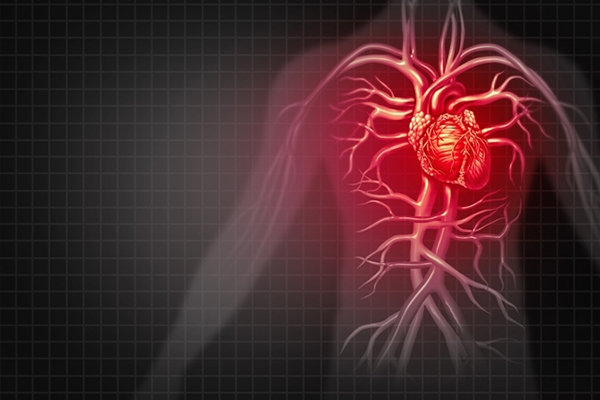
Water Calcium and Heart Disease: Is There a Connection?
When it comes to heart health, many factors come into play—diet, exercise, genetics, and even the water we drink. One emerging topic of discussion is the link between water calcium levels and heart disease. Could the minerals in your drinking water contribute to heart problems, or do they offer protective benefits?
Understanding Calcium’s Function in the Body
Calcium, a vital element, strengthens bones and teeth. It is also essential for muscular function, neuron communication, and blood clotting. The body meticulously regulates calcium levels to either store or excrete surplus calcium.
What Is a Calcium Heart Score?
A calcium heart score is a measurement used by doctors to assess the level of calcified plaque in the arteries. This score is determined through a coronary artery calcium (CAC) scan, a specialized CT scan that detects calcium deposits in the heart’s blood vessels. High calcium heart scores increase the risk of heart disease because calcium buildup in the arteries can cause blockages and increased heart attack and stroke risk.
The Link Between Water Calcium and Heart Disease
Drinking water naturally contains various minerals, including calcium. In areas with hard water, calcium concentrations are higher, sometimes leading to concerns about the long-term impact on heart health. Research has presented mixed findings, making it crucial to examine both sides of the debate.

Potential Risks of High Calcium Intake from Water
- Arterial Calcification – Some experts worry that excessive calcium intake, especially from supplements or highly mineralized water, could contribute to arterial calcification. If the body cannot properly regulate and excrete excess calcium, it may deposit in the arteries, increasing cardiovascular risks.
- Increased Risk of Kidney Stones – While not directly linked to heart disease, high calcium levels can contribute to kidney stone formation, which may indicate an imbalance in mineral metabolism. Poor calcium regulation is sometimes associated with arterial calcification.
- Possible Contribution to High Calcium Heart Scores – Some researchers speculate that consistently consuming high levels of calcium through drinking water could influence calcium heart scores, particularly in individuals predisposed to heart disease.
Potential Benefits of Calcium in Drinking Water
- Heart Health Support – Some studies suggest that moderate calcium intake through water could be beneficial. Calcium helps regulate muscle contractions, including those of the heart and may play a role in maintaining healthy blood pressure.
- Balanced Mineral Intake – Unlike calcium supplements, which may cause spikes in blood calcium levels, naturally occurring calcium in water is absorbed more gradually, potentially reducing the risk of calcium-related arterial deposits.
- Protective Effects Against Hypertension – Some research indicates that hard water, rich in calcium and magnesium, may have a protective effect against high blood pressure and cardiovascular disease.
What Do the Studies Say?
Scientific studies have yet to establish a definitive link between drinking water calcium levels and heart disease. Some research suggests that high-calcium water does not significantly increase the risk of arterial calcification, while other studies imply that individuals with a high calcium heart score should monitor their total calcium intake, including from water sources.
For example, a study found that while dietary calcium did not significantly contribute to cardiovascular risks, excessive supplementation did. This suggests that calcium obtained naturally through food and water is less likely to cause harm compared to supplements.
Should You Be Concerned About Your Water Calcium Levels?
For most individuals, drinking water with moderate calcium levels is not a cause for concern. However, if you have a high calcium heart score or a history of cardiovascular disease, discussing your overall calcium intake with a healthcare provider is a good idea. A simple water test can determine your home’s water calcium levels, and if necessary, a water softener can help regulate excessive mineral content.
Final Thoughts
Research on water calcium and heart disease continues. Although excessive calcium intake can cause arterial calcification, naturally occurring calcium in drinking water does not appear to be a major risk factor for most people. A balanced diet, frequent exercise, and heart health monitoring with instruments like the calcium heart score test are better than avoiding calcium-rich water.
If you’re concerned about your heart health or calcium heart score, consult a cardiologist to evaluate your risks and determine the best preventive measures tailored to your needs.



